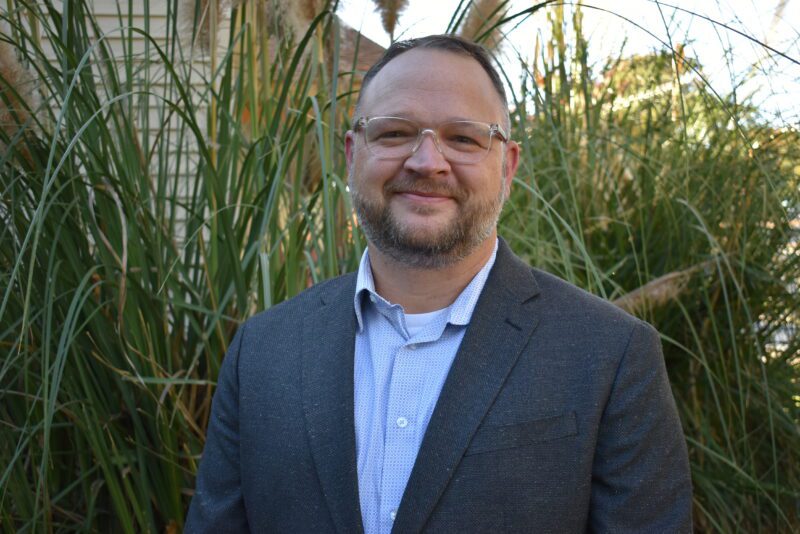
The finalists for WashingtonExec’s Pinnacle Awards were announced Oct. 13, and we’ll be highlighting some of them until the event takes place virtually Dec. 8.
Next is Cybersecurity Government Executive of the Year finalist Shawn Brody, with the Enterprise Intelligence & Data Solutions PMO/Naval Information Warfare Center. Here, he talks success in his current role, focus areas going forward, overcoming career struggles and more.
What has made you successful in your current role?
Honestly, the support of my family is where it starts. Without having good support from home, it often makes it difficult to focus on the important tasks we do. When it comes to my job, I prefer to judge my success by the engagement and success of my team. This is where I utilize my team by empowering, because they are closer to the problem are are better to create solutions to resolve any issue that presents itself. I am often inspired by their ideas and insight, which I believe is the most important success I could achieve.
What are you most proud of having been a part of in your current organization?
What I am most proud of is managing the information system that directly impacts the protections of our warfighter’s medical Information.
In addition, during the COVID-19 pandemic my team and I had the privilege to assist in the testing reporting of various military members and the rising vaccination numbers to the president of the U.S. This is in addition to assisting in the effort of developing contact tracing for military members in order to help better respond to the constantly changing circumstances of this pandemic.
What are your primary focus areas going forward, and why are those so important to the future of the nation?
As cybersecurity managers, we are often labeled as “cyber cops” and are perceived as the folks that say “no” to everything. My primary focus is to change that culture, not only within my program but anyone we engage with by being seen as a “cyber-counselor.”
We can change this by not saying “no,” but saying “no, but how can we make it work?” This would empower folks to think in a more forward way to resolve issues and be less afraid of being rejected by cyber folks.
This is important to our nation by opening more doors and minds in protecting data for the ever-growing cyber world.
How do you help shape the next generation of government leaders/industry leaders?
My hope in shaping the next generation is by changing how organizations within the Department of Defense view the role of their respective cybersecurity teams. Often, cyber is seen as a business constraint because cyber involvement typically occurs at the end of the project development cycle and changes can incur negative impact(s) to the project schedule or budget.
On the other hand, the successes within our project is largely due to cyber involvement during all phases and identifying challenges earlier in the project development.
What was your biggest career struggle and how did you overcome it?
My biggest career struggle was when I retired and transitioned from a 20-year naval career as an information systems technician chief to the government civilian sector. This included learning how to adjust to the differences in the hierarchy and how to be an adviser in the medical field from working as an IT in a warship.
Some of the ways I was able to overcome this transition was to reach out to my peers, seek advice from my government lead and supervisor and trust/listen to my team. I let my team guide me to where I am now. They helped me learn how their systems and community work best.

